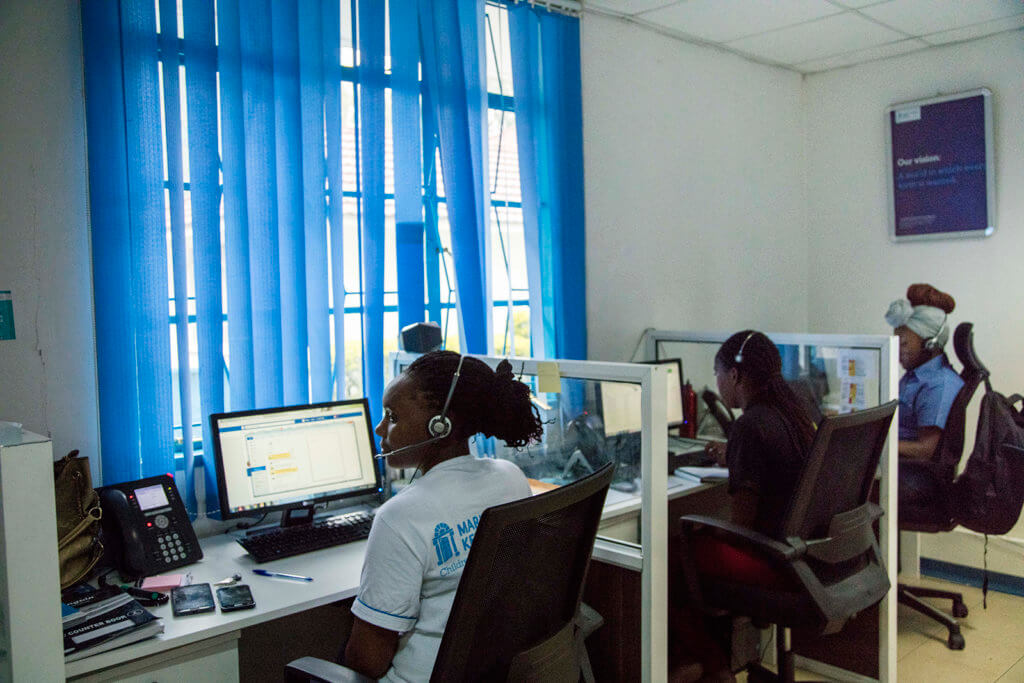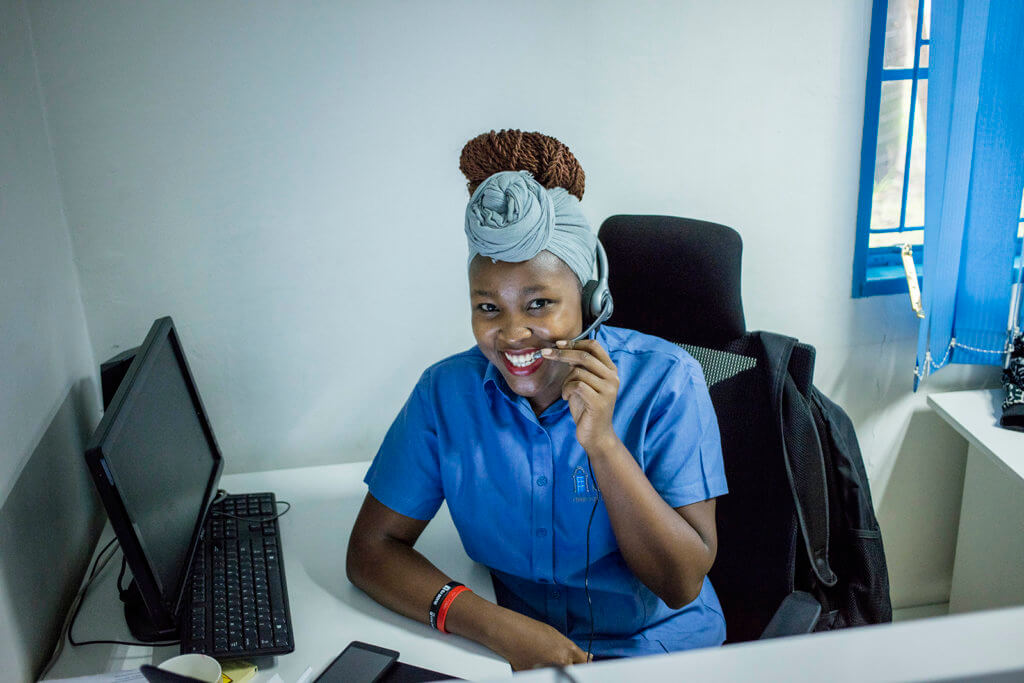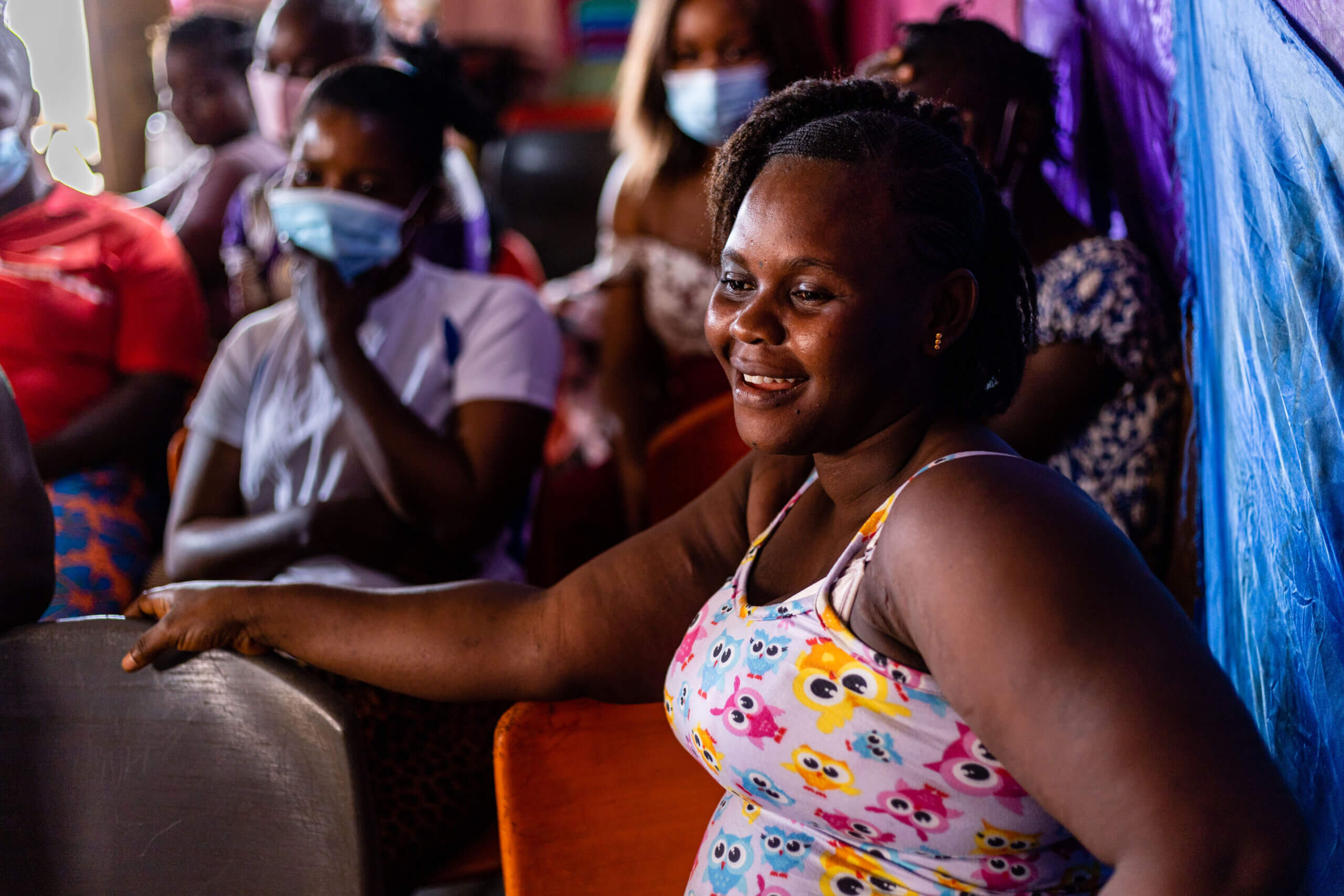How telemedicine expands abortion access in Ghana
Recently, a young woman reached out to MSI Ghana. She was in trouble. She had just finished her secondary schooling, and university was on the horizon, but an unintended pregnancy threatened to derail her plans. Aside from her boyfriend, she could not confide in anyone else. Her parents were so strict they would not even allow her out of the house unless it was for a family outing.
Searching the internet, she found MSI, but coming to the clinic was impossible. Someone might see her entering and tell her parents. Fortunately, MSI Ghana offered another option: telemedicine abortion. This service would allow her to receive counseling and medical advice over the phone with a trained provider and have safe, effective abortion pills delivered to her at home by courier. An MSI team member at the call center explained to her that she would have support available during the entire time, including post-abortion family planning services. She could end her pregnancy privately at home without fear of complications.

Safe, legal abortion is available in Ghana under certain circumstances. Telemedicine abortion launched in Accra, Ghana last November, and it’s already making an impact. Over the past few months, more than 150 women have received medical advice and counseling for medical abortion services. They have many reasons they can’t make it to the clinic—from rising COVID cases to simply living too far away. But whatever their circumstances, they’re able to receive safe, supported medical care through this innovative program.
Innovating to improve care
“Ghana is a country that loves to innovate,” says Anne Coolen, Country Program Director for MSI Ghana. Telemedicine was already being discussed before COVID-19 hit. Mobile phone access is widespread in the country, and telemedicine was seen as a way to increase access. When the pandemic struck, MSI Ghana moved quickly to put telemedicine abortion into practice.
Promoting the new service has come with challenges. COVID has limited in-person outreach, so MSI Ghana has focused on promoting telemedicine through online channels. They emphasize that telemedicine can help clients get around cultural and social barriers that might make them uncomfortable with in-person services, like the young woman who worried about being spotted in a clinic.

Preventing unsafe abortion
While safe, legal abortion is available in Ghana, many women don’t know what their legal options are or how to access them, and instead turn to unsafe abortion. This puts their health and lives at risk. Telemedicine offers a new way to reach women with safe care. “Telemedicine reduces unsafe abortion,” Anne says.
Too often, women seeking abortion care buy drugs from unqualified providers. These medications may or may not work—and they’re often provided with no additional support if something goes wrong. With telemedicine, women know the medications they’re receiving are what they say they are, and they have support at every step of the process.
Some women might even seek out abortion medications because they think they’re pregnant when they actually aren’t. The telemedicine abortion screening, which includes a pregnancy test, ensures that they don’t take medications they don’t need, and creates an opportunity to talk about contraception.
What’s next for telemedicine abortion
The pilot program is set to expire in March, but the team at MSI Ghana hopes it can be extended. In fact, interest has been so high that they’d like to expand the team and hire additional dedicated providers for telemedicine clients.
Support from generous donors funds innovative programs that expand access to safe care. You can help by making a donation today.






